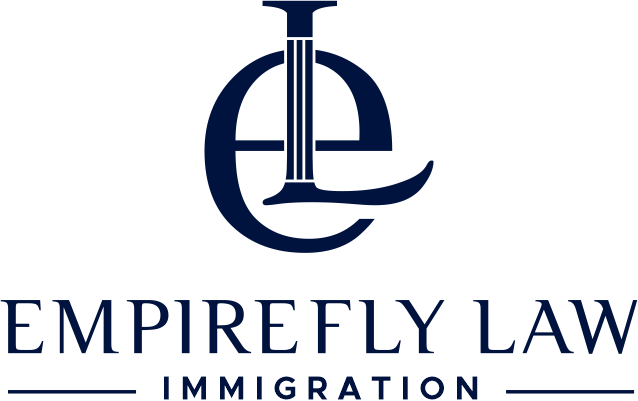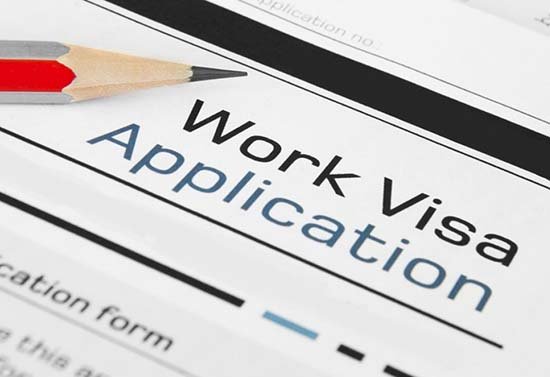Introduction
As a university professor or lecturer in Africa, you may be exploring opportunities to advance your academic career in the United States. The U.S. offers several immigration pathways specifically tailored for academics and researchers seeking to work and live in the country. This guide outlines the most relevant visa options and the process to help you navigate your journey to the USA.
Key Visa Categories for Academics
1. H-1B Visa (Specialty Occupations)
– Overview: The H-1B visa is a non-immigrant visa that allows U.S. employers to hire foreign workers in specialty occupations, including university professors and lecturers.
– Requirements: Applicants must have a job offer from a U.S. employer and possess at least a bachelor’s degree or its equivalent in a related field. The position must require specialized knowledge.
– Application Process: The employer files a Labor Condition Application (LCA) and submits an H-1B petition to the U.S. Citizenship and Immigration Services (USCIS). There is an annual cap on the number of H-1B visas issued, except for higher education institutions.
2. O-1 Visa (Individuals with Extraordinary Ability or Achievement)
– Overview: The O-1 visa is for individuals with extraordinary ability in the sciences, arts, education, business, or athletics. University professors and researchers who have demonstrated exceptional achievements in their field may qualify.
– Requirements: The applicant must provide evidence of sustained national or international acclaim and recognition for their work.
– Application Process: An employer or agent files Form I-129 with the USCIS along with the necessary documentation proving the individual’s extraordinary ability.
3. J-1 Visa (Exchange Visitor Program)
– Overview: The J-1 visa is designed for exchange visitors participating in programs that promote cultural exchange, including university professors and research scholars.
– Requirements: Participants must be sponsored by an accredited educational institution, government program, or private sector organization. They should have sufficient English proficiency and medical insurance.
– Application Process: The sponsoring institution issues a DS-2019 form, which the applicant uses to apply for the J-1 visa at a U.S. embassy or consulate.
4. EB-1 Visa (Employment-Based Immigration: First Preference)
– Overview: The EB-1 visa category is for individuals with extraordinary ability, outstanding professors and researchers, and multinational executives or managers. It offers a pathway to permanent residency (green card) in the U.S.
– Requirements: For outstanding professors and researchers, applicants must have at least three years of teaching or research experience and be recognized internationally for their work.
– Application Process: The employer must file Form I-140 with the USCIS, demonstrating the applicant’s outstanding qualifications.
5. TN Visa (NAFTA Professional for Canadian and Mexican Citizens)
– Overview: Although primarily for Canadian and Mexican citizens, the TN visa under the United States-Mexico-Canada Agreement (USMCA) can be applicable for African professors holding dual nationality or residency in these countries.
– Requirements: The applicant must have a job offer from a U.S. employer in a qualifying profession, including college and university teachers.
– Application Process: Canadian citizens can apply directly at a U.S. port of entry, while Mexican citizens must obtain a visa from a U.S. consulate.
Steps to Apply
1. Secure a Job Offer: Begin by securing a job offer from a U.S. educational institution or research organization. This is crucial for most visa types.
2. Prepare Documentation: Gather all necessary documentation, including academic credentials, professional achievements, and a valid passport.
3. Visa Application: Follow the specific application process for your chosen visa category, including filing forms and attending visa interviews.
4. Arrival in the U.S.: Once your visa is approved, plan your travel and ensure you have all required documentation for entry into the U.S.
Conclusion
Migrating to the U.S. as a university professor or lecturer offers a wealth of opportunities for career growth and development. By understanding the available visa options and meeting the necessary requirements, you can successfully navigate the immigration process. For personalized assistance and guidance, consider consulting with an immigration law firm specializing in academic and professional migration.




